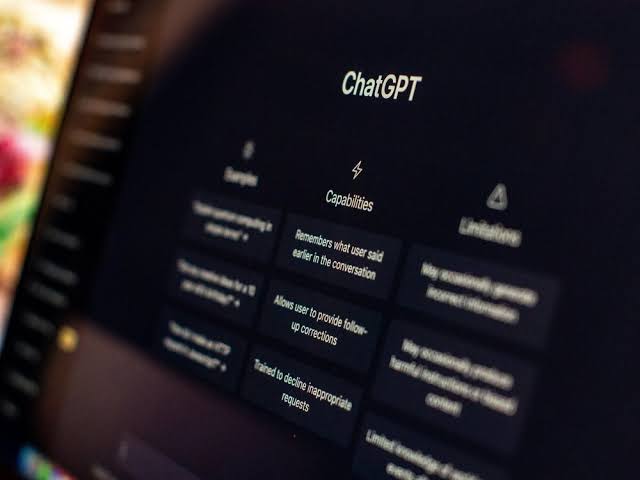The International Baccalaureate (IB), which is a world leader in international education, is going to change the way people learn in Kenya by doing a full and collaborative study of its programmes for students aged 16 and up.
IB is making a big step towards the future of innovative education by incorporating AI into its programmes in Kenya. This will help prepare students for the future by encouraging critical thought, personalization, collaboration, and creativity.
Fidelis Nthenge, the Director of Curriculum Development, says, “We believe that b reviewing and making a curriculum that is focused on the future, we are giving our students the skills and knowledge they need to succeed in a global job market that is changing quickly.” The programme will give them the tools they need to be adaptable, creative, and ethical global citizens who are ready to make a difference in the world.
Harvard University reportedly said that it will use an AI tool driven by ChatGPT to help teach computer science courses for beginners. The generative AI tool called the CS50 Bot, has been given to about 70 students in the university’s beginning Computer Science class as a way to help them learn.
Read also: Artificial intelligence will revolutionize education, says ChatGPT CEO
Baccalaureate employs AI and ChatGPT
IB is making changes to its education programmes and ways of evaluating students so that students and teachers can use these new AI tools in an ethical and successful way. AI tools like ChatGPT offer big improvements in many areas, but the IB stresses how important it is to work with schools and teachers to help students understand the ethical implications of using AI tools in the classroom.
UNESCO says that ChatGPT has already split higher education. Many universities and states have made ChatGPT illegal because they are worried that students will copy other people’s work. Professors in higher education worry about academic honesty and the increased risk of copying and cheating if students use ChatGPT to write papers and take tests.
IB tries to give students skills they’ll need in the 21st century. IB’s constant review of its curriculum and adaptation to new technologies have a global and life-changing effect on students and teachers by making it easier for them to adjust to changing times. It helps Kenya reach its Vision 2030 goal of offering a high-quality education that is competitive on an international level for development.
Universities in the UK are making rules for how students and workers should learn about AI. IB wants its students and teachers to understand AI and be aware of the world around them. Through transformative education, the initiative’s diverse group can help make the world more peaceful and sustainable while teaching young people how to grow as individuals, with other people, and with the earth.
The IB thinks that a collaborative environment is the best way to improve education, so this study will include students, alumni, teachers, and staff. Choice, well-being, and real-world relevance will make IB programmes, topics, and exams more flexible, future-oriented, and sensitive to school and student circumstances. IB curriculum evaluation will change the way we think about education and give students opportunities that will change their lives.
IB programmes have been offered in 11 Kenyan schools for over 40 years, including MPESA Foundation Academy, Aga Khan Academy, Nairobi Academy, and others.
IB aims to foster critical thinkers, brave risk-takers, and sensitive people in a caring atmosphere.
To date, renowned personalities and global leaders from a wide range of disciplines have studied in IB schools in Kenya, where IB methodologies have given them lifelong opportunities and the sense of purpose they need to thrive and improve the world.
















